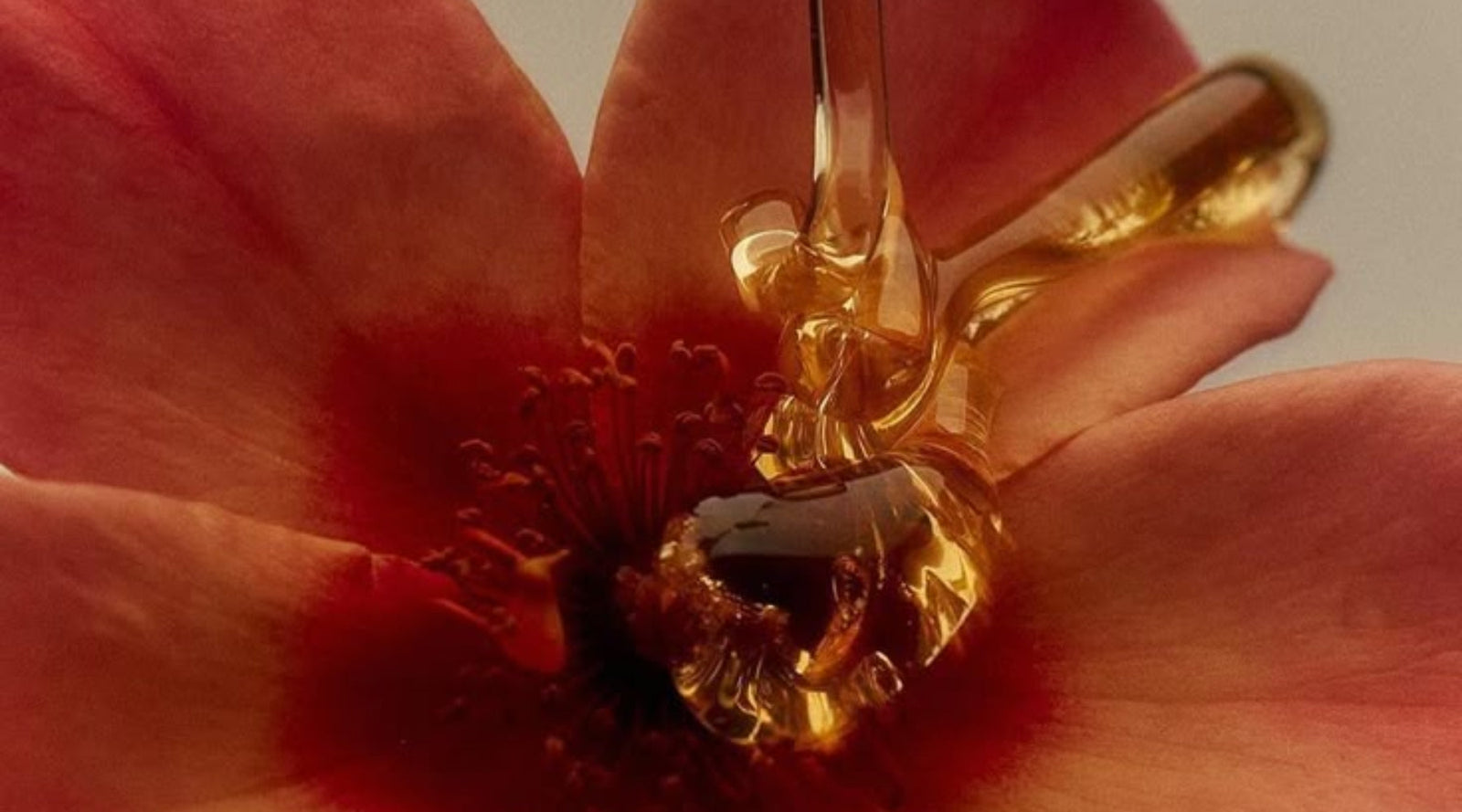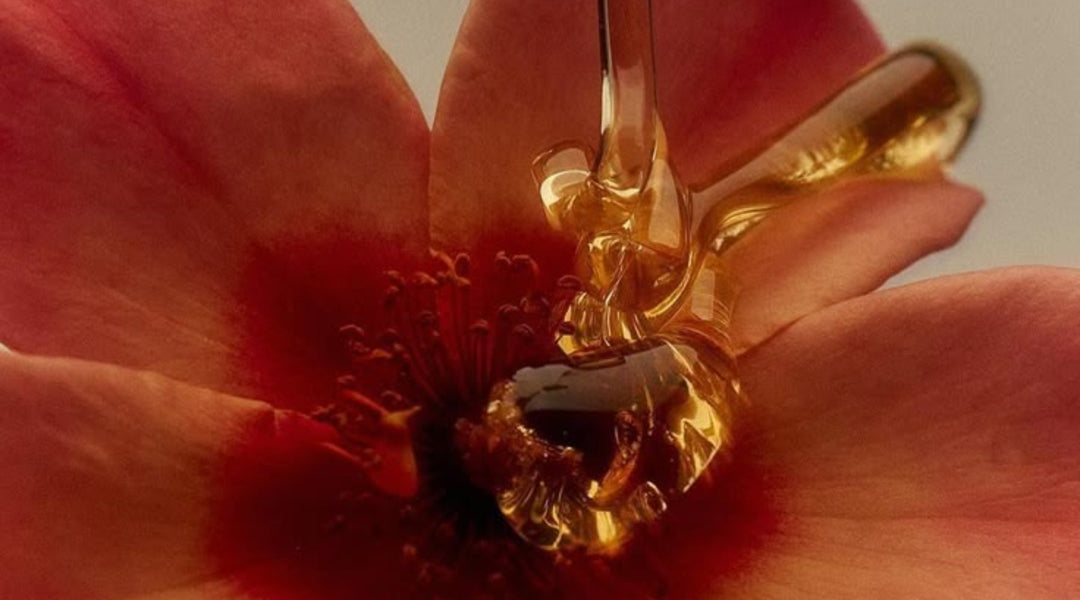The Lowdown on Lube: Types, Uses, and Choosing What's Right for You

Stuck in the rabbit hole of Google searches like “best lube for sensitive skin” or “why does lube make me itchy?” We see you. And honestly, you’re not alone - hoo-ha irritation is not the price you should be paying for a good time.
Here’s your no-BS guide to choosing the right lube for your body - especially if your bits are on the sensitive side.
Why use lube in the first place?
Because dryness happens. And it’s completely normal. Whether it’s thanks to hormonal changes, medications, breastfeeding, stress (or, you know, just being a human), your natural lubrication levels can dip. Using lube = more glide, less friction, and way more comfort - during solo time or sexy time.
In short: if it feels better with lube, use the damn lube. No shame in the game.
Types of lube (because yes, there are options)
Let’s break it down like a menu - but for your bits.
💧 Water-based
-
The all-rounder. Safe to use with condoms and sex toys.
-
Easy to clean up (just rinse with water).
-
May dry out quicker, so you might need to reapply mid-sesh - BYO spritz bottle and sexy confidence.
💦 Silicone-based
-
The marathon runner. Super long-lasting and water-resistant - perfect for shower shenanigans.
-
Not always compatible with silicone toys (check first or do a patch test to avoid a sticky mess).
🧴 Oil-based
-
The thick and cushy option. Think coconut oil, almond oil, etc.
-
Great for massage and extra moisture, but a big no-no with latex condoms (they break down the material, which can lead to surprise babies or STIs).
-
Also harder to wash off and may throw your vaginal pH off balance - which can lead to yeast infections or irritation.
Best lubes for sensitive skin
If your hoo-ha is a bit high-maintenance (no judgement - royalty deserves the best), here’s what to look for:
-
Fragrance-free: Smells nice? Great. On your neck. Not up your hoo-ha.
-
Glycerin-free: Glycerin can mess with your vaginal flora and feed yeast. Not the kind of snack we’re after.
-
Paraben-free: Parabens can be irritating and are linked to hormonal disruption. Hard pass.
You’ll usually find this info in the product description or on the label, but if a brand is being coy about their ingredients? That’s your cue to move on.
Bonus tip: patch test like a pro
Before diving in, do a quick patch test on your inner thigh or forearm. If your skin’s chill after 24 hours, your hoo-ha will probably be chill too.
Does lube affect condoms?
Short answer: yes. Long answer: oil-based lubes and latex condoms are not mates. Oil breaks down latex, making it more likely to tear. So if you’re using latex condoms, stick to water- or silicone-based lubes. Your future self (and your bedsheets) will thank you.
What if you do react?
If you notice burning, itching, weird discharge, or any “something’s off” feelings after using a new lube, stop using it and book in with your GP. According to the Mayo Clinic, common culprits include glycerin, parabens, and even added scents or flavourings (save those for your lip balm, not your lips down south).
TL;DR
Lube = less friction, more fun. Whether you’re feeling dry, curious, or just like to keep things silky-smooth, the right lube can seriously level up your sex life, without causing irritation. Just skip the nasties and keep things hoo-ha friendly.




